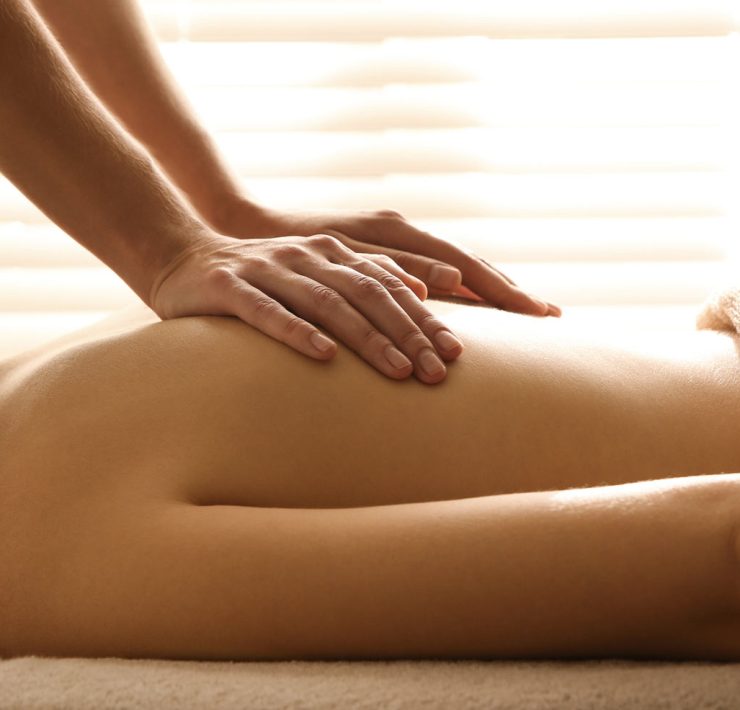You’ve probably heard the phrase “mind over matter.” As it turns out, it’s not just a homily, but an accurate description of how the efforts of the mind can affect physical pain in the body.
Worried Sick
Yes, it’s possible to literally make ourselves physically ill through anxiety and stress. Studies cited by the American Psychological Association show that chronic depression, as well as short-lived anxiety and stress (such as that experienced during exam study periods) can depress the immune system, including the production of bug-fighting T-cells. Chronic loneliness can produce similar results.
When you think about stress, you might consider solutions like a glass of wine, anti-anxiety medication, or a bucket of chocolate chip cookies. That said, there are several non-pharmaceutical, non-inebriating, and low-calorie methods of easing stress and anxiety, and thus reducing the risk of physical illness.
Method 1: Volunteering
Altruism allows us to feel better by doing good things. Volunteering at least 10 hours a month can not only reduce feelings of depression and sadness, according to a Carnegie Mellon study, volunteering can reduce blood pressure as well (and thus the risk of heart disease and other body ailments). The catch? You have to genuinely want to help others—if you’re volunteering for “self-oriented” reasons, you may not see the same health benefits.
Method 2: Bonding with Pets
Don’t have the time to volunteer? Another option: Getting a furry friend. The Human Animal Bond Research Institute has a myriad of studies on the benefits of pet ownership (as one might expect). Johns Hopkins studies have found that merely petting a dog for 10 minutes lowers levels of cortisol (the stress hormone). A Washington State University study found similar effects from a bout of cat-snuggling. In addition, the Johns Hopkins study found that over 80% of PTSD patients found that owning a pet reduced their symptoms, and 40% were able to cut down on medication. Owning a pet improves survival rates after a heart attack by up to 33%, according to the American Heart Association.
Method 3: Mindfulness
A third way to reduce mental stress and improve both mental and physical health: mindfulness. Mental conditions like stress, anxiety, and depression are often exacerbated by rumination—obsessive focus on unpleasant thoughts or possible outcomes. The practice of mindfulness involves bringing one’s mind to the here and now, as well as calming breath and mental exercises, and studies suggest that mindfulness, which can be practiced almost anywhere, can reduce anxiety and create greater self-awareness—and thus improve immune health and lower stress.
Can Mindfulness Reduce Physical Pain?
Along with mental pain, mindfulness may positively affect chronic physical pain as well. While the mechanism is not fully understood, the mental shift of mindfulness appears to affect the body’s physical experience of pain, to make it, well, less painful. Mindfulness appears to be effective in reducing the debilitating effects of chronic pain such as that caused by low back pain and migraines, for example. Studies suggest that mindfulness suppresses activity in the part of the cortex that judges and reacts to pain.
What Should I Try?
If you suffer from anxiety or pain, any of these options are worth considering, though mindfulness has the advantage of access—it can be practiced almost anywhere, and with a much smaller time commitment.
If you’re new, never fear—the studies suggest that experience is not necessary to start enjoying the benefits of mindfulness. Guided sessions are the best way to ease into your own mindfulness groove, so here’s one of our favorites from our Wednesday Wellness series of free, live wellness sessions (tune in every Wednesday at noon ET at zeel.com/blog/live)!
Good luck, be well, and breathe!
Marcy is the SVP of People and Communications at Zeel. In addition to overseeing the humans of Zeel, Marcy has written about workplace topics for more than 20 years both at Zeel and as VP of Content for Vault.com, a career information web site and publisher.







